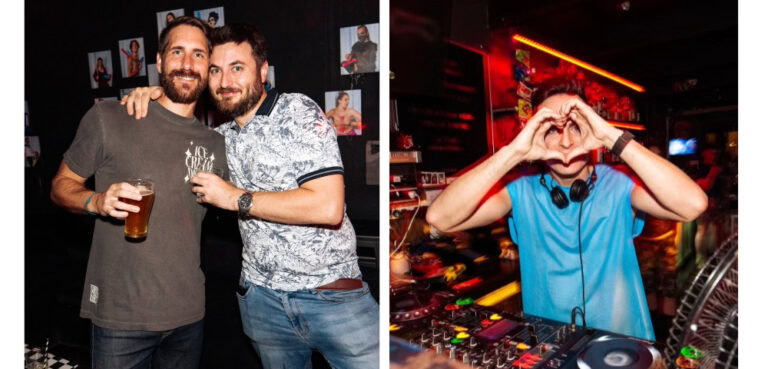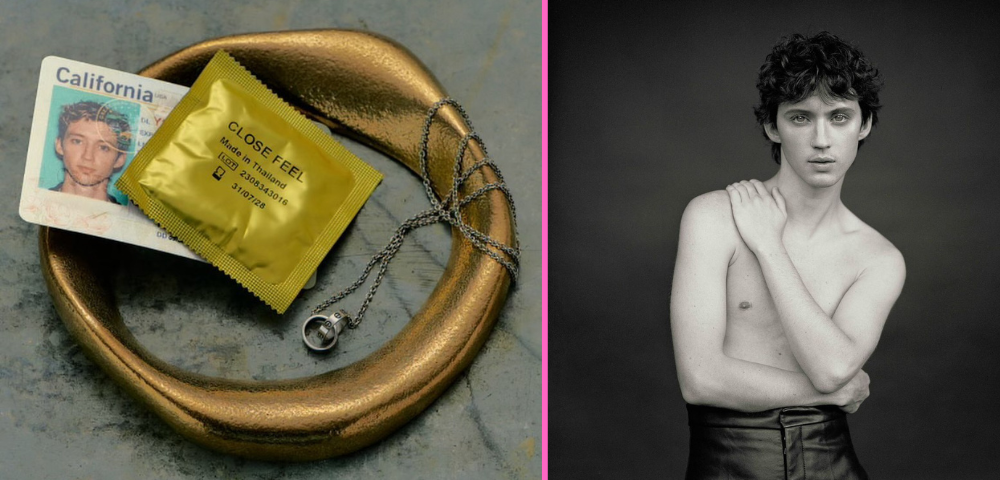
Unique challenges for LGBTI people with dementia

 Melbourne hosted a forum on dementia, sexuality and LGBTI inclusive practice this week as part of Dementia Awareness Week, bringing together experts and leaders in the field to discuss the needs of LGBTI people experiencing dementia.
Melbourne hosted a forum on dementia, sexuality and LGBTI inclusive practice this week as part of Dementia Awareness Week, bringing together experts and leaders in the field to discuss the needs of LGBTI people experiencing dementia.
Chairperson of the Younger Onset Dementia Reference Group Tony Walsh spoke at the forum about his own experiences having a partner with dementia.
Tony’s partner Paul Wenn went through an eight-year period of various diagnoses, including depression, Alzheimer’s Disease, Parkinson’s Disease and dementia with Lewy bodies. He moved into an aged-care facility two years ago, where Tony visits him most days.
Tony explained while dementia patients and elderly residents requiring care were kept in separate wards in aged-care facilities, they mixed together for recreation, creating problems for some LGBTI residents.
“Some of that group of the older ‘old and frail’ perhaps don’t have the same attitude to gay people as the rest of the population, because they were brought up in the ‘20s and ‘30s,” Tony told the Star Observer.
The two visited a number of facilities before deciding on the one Paul eventually moved into. While none explicitly marketed themselves as LGBTI-friendly, Tony said he knew when they had found the right one.
“On reflection there was a reaction I cannot identify, but the gaydar that has been tuned over many years just gave a feeling of, you know — perhaps it’s in the eyes, the body messages, voice, I’m not sure,” he explained.
“What I’m saying is, it’s no good putting up a notice saying you’re gay friendly, you have to be, otherwise you’ll be quickly caught out by people who’ve been seeing through these situations for many years.”
Dr Catherine Barrett is Manager and Chief Investigator of the Sexual Health and Ageing program at the Australian Research Centre in Sexual Health and Society (ARCSHS), and attended the forum to discuss issues faced by older LGBTI people with dementia.
Dr Barrett told the Star Observer many of their experiences were unique, giving the example of a trans woman she had worked with who began to experience dementia.
“Her capacity to be able to feminise her appearance changed because of the change in her cognitive function. So what that meant was she needed much more supportive staff — she needed staff able to really respect and maintain her gender identity,” she explained.
“One of the things that happened as well was that she had some dis-inhibition as part of her dementia. So she would go up to people in the street and just go, ‘I’m trans,’ and that made her vulnerable.”
Dr Barrett also said home-care situations involving dementia had led to some LGBTI people needing to “re-negotiate their closet,” and discussed the experience of one couple.
“One partner became quite ill and they were always a very out couple, but when the partner became ill and they had to get carers coming into the house, she said, ‘I don’t want to be out to these people. I’m dependent on them for a service, I don’t want to be out,’” Dr Barrett explained.
“Her partner said, ‘But we’ve always been out,’ and she said, ‘No, this is different’. The pair of them had to go back into the closet because of her partner’s fears.”
Dr Barrett said new research is underway to address a gap in understandings of the differences between LGBTI people and non-LGBTI people with dementia, stressing that despite challenges, the situation is getting better.
“We run a course called ‘How to be a GLBTI-inclusive service’, and next year that course will be run specifically for aged-care services. We have a partnership with Alzheimer’s Australia Victoria, so dementia service will be offered scholarships for that program…it’s about to take off, there’s a lot of interest.”









